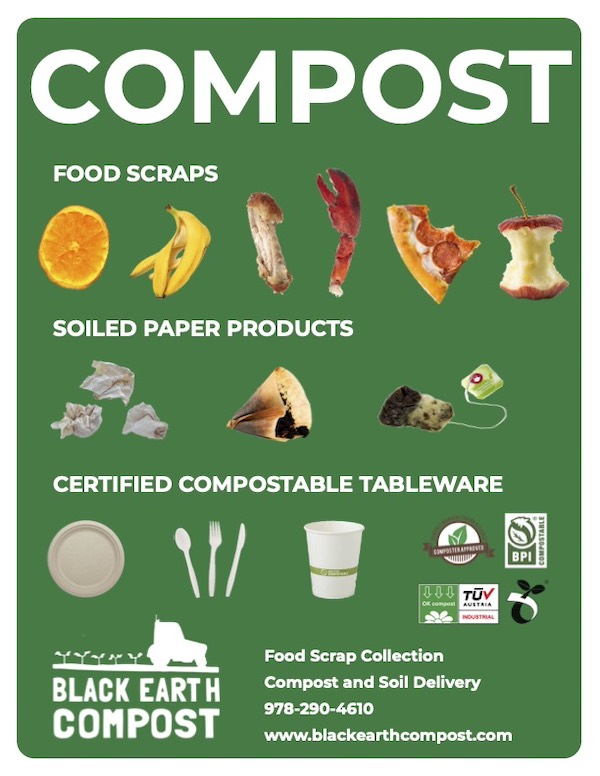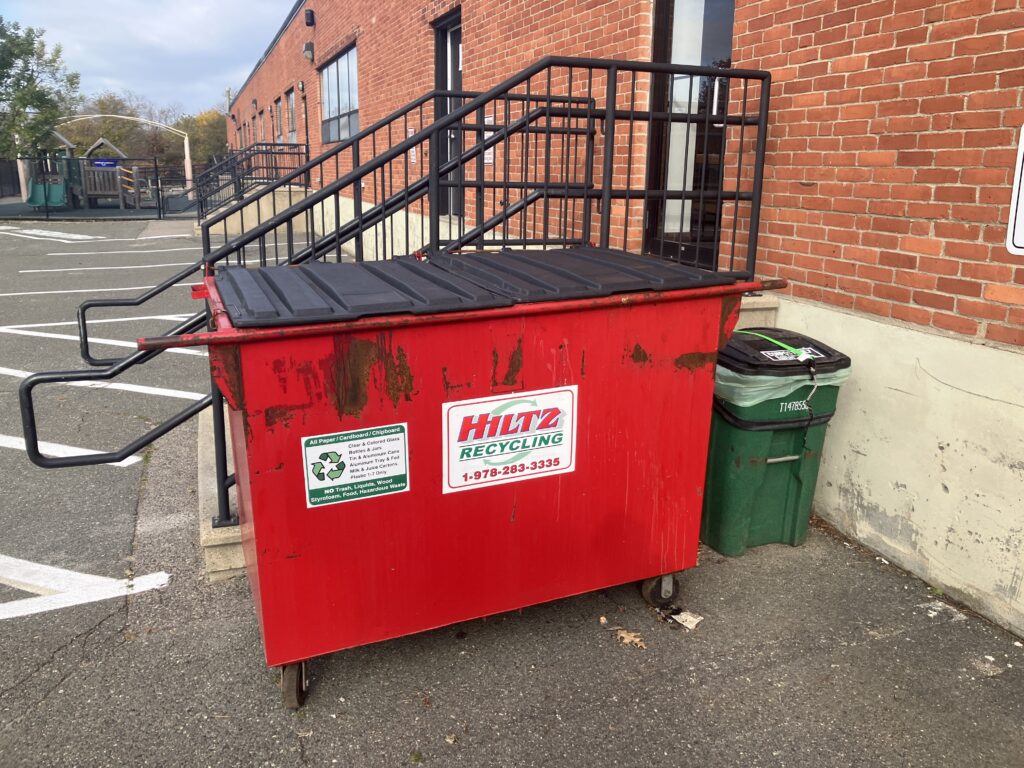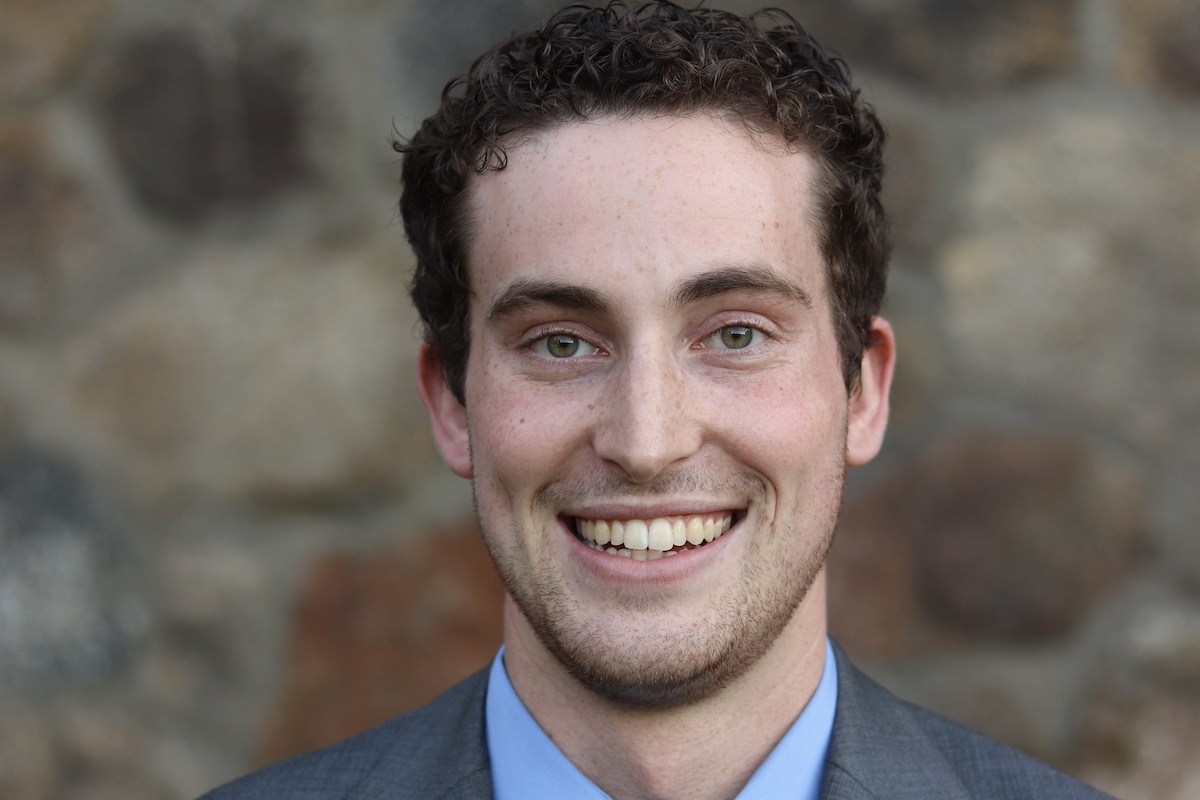Creating Sustainable Change: Calvin Dundore’s Recycling Initiative at Pathways for Children
Do you ever think about how much of your uneaten food ends up in the trash? Over 28 percent of garbage in landfills and combustion facilities is food scraps that could be recycled into the earth via composting, according to the Environmental Protection Agency. Sadly only about a third of municipal businesses in America are sustainably recycling and composting. Calvin Dundore ’24, a business major passionate about creation care, helped local business Pathways for Children become one of those businesses during the fall 2023 semester.
As an early Head Start program supporting families impacted by economic and social inequity on the North Shore, implementing a new composting and recycling system was a positive opportunity for Pathways for Children to set an example for hundreds of children and families of what it looks like to be sustainable in waste disposal.
Caring for Children = Caring for Creation
Pathways for Children’s Gloucester location offers preschool programs and after-school programming with dozens of students and staff. Before Dundore’s system was implemented, only cardboard made it to recycling and all food waste went down the garbage disposal. Now, instead of heading for the landfill, the daily goldfish crumbs and orange rinds are sorted into the compost bin, and the scrap paper from arts and crafts is recycled.

“As we embrace forward-thinking family and community partnerships and programs, it is a no-brainer for us to take this next step to become more sustainable,” says Eric Mitchell, CEO of Pathways for Children, who oversaw Dundore’s project. Because environmental stewardship and the stewardship of vulnerable kids are inherently aligned, Dundore hopes that modeling this for the children at Pathways will help educate them about these important environmental matters from a young age.
To meet that goal Dundore created kid-friendly signage for each of the different bins as well as videos and other resources to make recycling and composting as simple as learning the ABCs. “I think one of the biggest challenges is to be very specific about what recycling is,” says Dundore, especially for kids who are learning these concepts for the first time. “Some people think plastic bags are recyclable. But because of the type of sorting machines in the recycling centers, you can’t put plastic bags in single-stream recycling.” Now Pathways staff and students can easily identify that lunch leftovers go in the compost bin, plastic bottles go in recycling and tissues go in the trash.
Change Takes a Community

To complete this project Dundore connected with his own community. Greg Smith, professor of business and marketing, connected Dundore with Pathways for the internship. Dundore started the project with an assessment strategy he learned in his Business Management class with Kent Seibert, professor of economics and business. He investigated how local restaurants and larger companies were running recycling systems efficiently as inspiration. He reached out to local contractors who could remove Pathway’s waste, including Black Earth—one of the biggest composting organizations on the North Shore.
Dundore has always been passionate about taking care of the earth, from leading his family’s recycling efforts at his childhood home to observing the big machines at local recycling plants. The Pathways internship helped Dundore realize his strength for organizational structures within businesses and combine that with his passion for creation care. He hopes that this recycling program will continue and grow after his internship ends at Pathways, helping to restore our corner of the planet and improve its inhabitants’ lives.
“Idealism doesn’t always lead to action, and we should consider how our actions will impact others, but also not be afraid of change. It truly takes a community to make change happen,” Dundore says.
 The Bell
The Bell